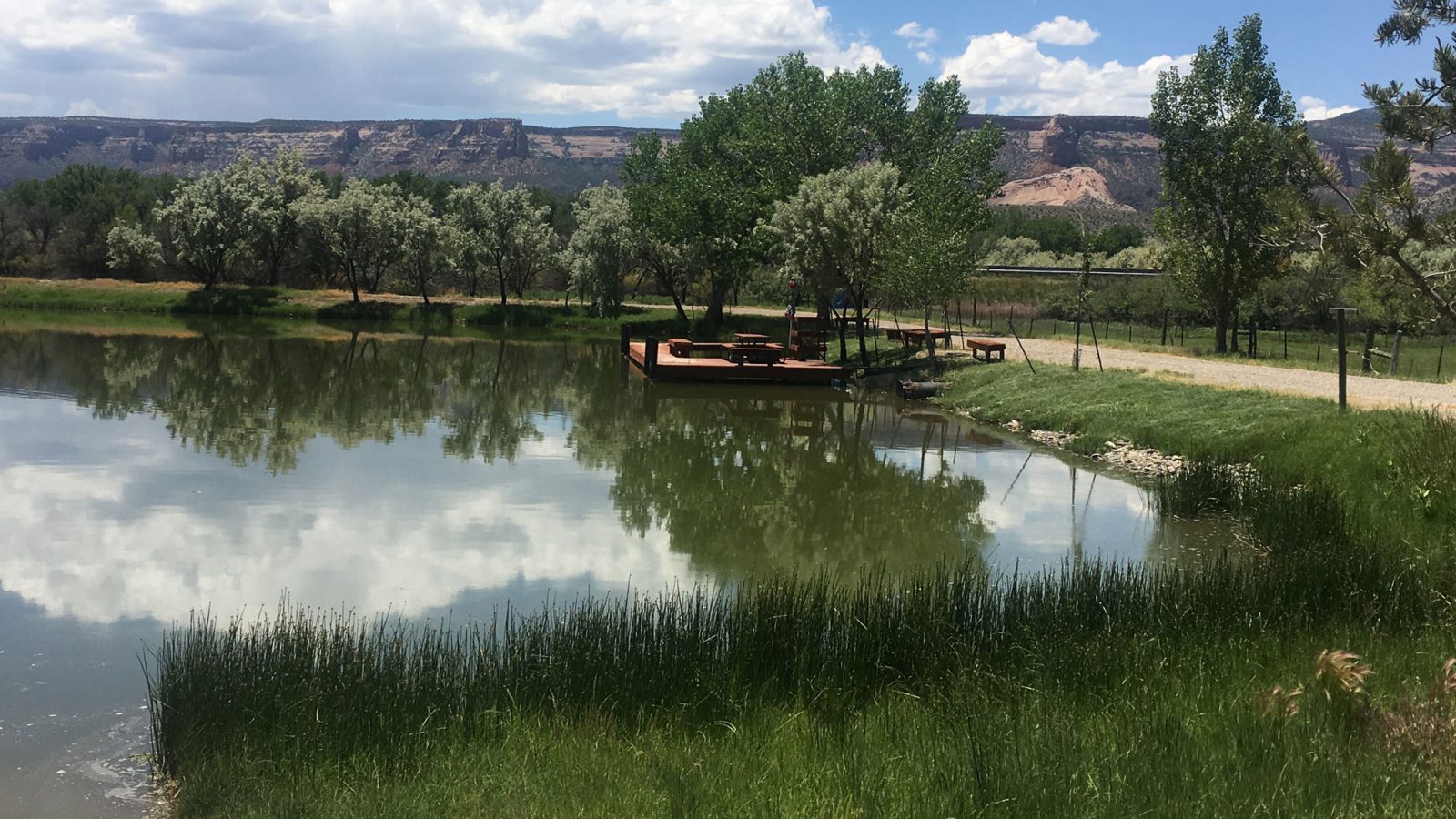
Private ponds, whether nestled in the backyard of a residence or gracing expansive estates, add a touch of tranquility and natural beauty to the landscape. Properly managing these aquatic ecosystems is essential not only for aesthetic reasons but also to ensure the health of the flora and fauna within. In this comprehensive guide, we delve into the world of private pond management, exploring the key aspects that contribute to the well-being and sustainability of these aquatic havens.
The Essence of Private Pond Management
Definition and Purpose
- Private Pond Management Defined: Private pond management involves the deliberate care, maintenance, and enhancement of a man-made pond or water feature on private property.
- Purpose: Enhancing ecological balance, supporting wildlife, and creating an aesthetically pleasing water feature.
Benefits of Thoughtful Management
- Ecological Balance: Maintaining proper nutrient levels and biodiversity.
- Wildlife Habitat: Providing a sanctuary for fish, amphibians, birds, and insects.
- Aesthetics: Ensuring the pond remains visually appealing and harmonious with the surroundings.
Key Components of Private Pond Management
Water Quality Management
- Testing and Monitoring: Regularly test water quality parameters such as pH, dissolved oxygen, and nutrient levels.
- Aeration: Installing aerators to enhance oxygen levels and prevent stratification.
- Nutrient Control: Managing nutrient levels to prevent issues like algal blooms.
Vegetation Control
- Aquatic Plants: Balancing the presence of beneficial and invasive aquatic plants.
- Algae Management: Employing eco-friendly methods to control algae growth.
- Bank Stabilization: Preventing erosion and maintaining a stable shoreline.
Fishery Management
- Stocking: Introducing fish species suitable for the pond’s size and ecology.
- Harvesting: Implementing sustainable fishing practices to control fish populations.
- Feeding: Supplemental feeding if necessary to support fish health and growth.
Structural Maintenance
- Dam and Spillway Inspection: Regular checks to ensure structural integrity.
- Erosion Control: Implementing erosion prevention measures.
- Sediment Removal: Dredging to remove accumulated sediment over time.
Implementing Best Practices in Private Pond Management
Seasonal Considerations
- Spring: Assessing and preparing the pond for the upcoming season.
- Summer: Monitoring and adjusting management strategies based on seasonal changes.
- Fall: Implementing measures to fortify the pond for winter.
- Winter: Addressing specific winter challenges such as ice formation.
Wildlife Conservation
- Protected Species: Identifying and conserving endangered or protected species.
- Habitat Enhancement: Creating features like submerged structures for fish and nesting sites for birds.
Sustainable Practices
- Chemical Use: Limited and judicious use of pond treatments to avoid ecological harm.
- Native Plant Promotion: Encouraging the growth of native aquatic plants for ecosystem balance.
Challenges in Private Pond Management
Invasive Species
- Aquatic Invaders: Dealing with invasive plants and animals.
- Control Methods: Implementing effective and environmentally friendly control measures.
Environmental Factors
- Climate Influence: Adapting management strategies to regional climate conditions.
- Human Impact: Minimizing human-induced disturbances to the pond ecosystem.
Engaging Professional Assistance
Pond Management Experts
- Consultation: Seeking advice from professionals experienced in private pond management.
- Customized Plans: Developing management plans tailored to the specific pond and property.
Conclusion
Private pond management is a holistic approach that goes beyond mere aesthetics. It involves fostering a balanced, sustainable ecosystem that supports diverse flora and fauna. By understanding and implementing the key components and best practices outlined in this guide, pond owners can ensure that their aquatic haven thrives, providing a harmonious blend of natural beauty and ecological richness for years to come. Whether your pond is a focal point for relaxation or a haven for wildlife, thoughtful management will undoubtedly enhance its value and contribute to the well-being of the surrounding environment.




